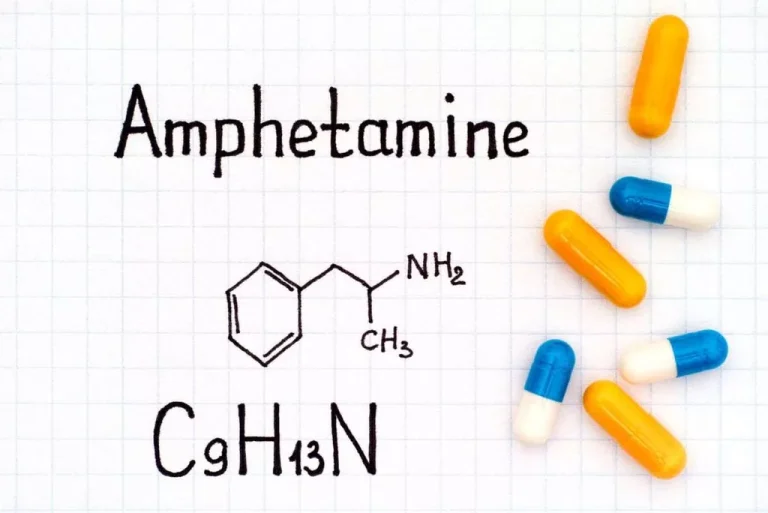
Inpatient treatment is when you are treated at a hospital or another professional setting that specifically handles alcohol withdrawal. Committing to the alcohol recovery process is the best way to keep tremors at bay. Over time, your body adjusts to being alcohol-free, and you won’t experience withdrawal symptoms.

What causes hangover shakes?
The most common signs and symptoms are stuffy nose and skin flushing. Hepatic encephalopathy develops when the liver is unable to effectively filter toxins that can harm brain cells from the blood. Damage to the cerebellum from drinking usually takes about 10 years to occur and shows up on an MRI as shrinkage in the cerebellum.

Supporting Recovery Together: The Advantages of Family Counseling in Addiction Recovery
Since https://ecosoberhouse.com/ are most often a symptom of withdrawal, it’s obviously encouraged that you abstain from drinking for an extended period of time after experiencing them. When alcohol starts to cause mental or physical harm, it might be time to consider enrolling in a rehabilitation program. However, it is best to contact a healthcare professional for help with severe symptoms or if there is a chance DT can occur.

Alcohol Shakes vs Delirium Tremens
That craving may be particularly exacerbated by the shakes, which is a clear physical manifestation of withdrawal. Withdrawal is a phenomenon that people experience when a substance or activity is removed from their lives. It can take many different forms, from a sense of mild longing to a deep, unstoppable craving. People who experience withdrawal frequently wish to be reunited with whatever it was they’d become habituated to, and they will often go to great lengths to be reunited with that thing. Such substances or activities can include sex, shopping, gambling, drugs, alcohol, sugar, and overeating, among many other things.
- The first step in treating alcohol tremors is addressing the underlying issue, which is alcohol withdrawal.
- American Addiction Centers (AAC) is committed to delivering original, truthful, accurate, unbiased, and medically current information.
- Alcohol shakes occur after the depressant effect of alcohol wears off, and the brain experiences overwhelming activity.
- To manage a successful tapering, the alcoholic may need to rely on friends or family to help monitor the situation.
- Your doctor and other providers aren’t there to judge you but to help manage your symptoms and improve your chances of recovery.
When such a drinker ceases use of alcohol, he needs monitoring because the DTs are not likely to begin until 48 to 72 hours after he caps the bottle. The DTs include severe symptoms such as seizures, hallucinations, delusions, extremely high blood pressure, and sometimes death. However, with the presence how to stop alcohol shakes of medical personnel, this can be avoided. Recognizing alcohol dependency is crucial for understanding the causes behind shaking after drinking. Identifying the signs and symptoms of alcohol dependency can help individuals seek proper medical assistance to address their condition effectively.
- After a heavy drinking session, your brain can get used to lower levels of stimulation caused by alcohol’s depressant effects.
- Moving forward, you may also need to go to patient and family counseling to discuss your alcoholism.
- People who experience severe withdrawal symptoms or DTs may require hospitalization or intensive care unit (ICU) treatment during alcohol.
- If someone believes they may be experiencing alcohol use disorder or are experiencing tremors regularly, they should speak with a healthcare professional.
Alcohol withdrawal symptoms occur because the body relies on alcohol to function. When you stop drinking, your body has to adjust to working without alcohol. If you’ve recently stopped consuming alcohol and experienced shaking, talk to a doctor. It’s essential to seek medical attention to ensure the issue is unrelated to DTs.
- A person might speak with a shaky voice or have trouble holding items like utensils.
- When blood sugar gets low, it can result in shaking, along with other hangover-like symptoms, including sweating and headaches.
- The DTs include delusions in which the alcoholic becomes confused or paranoid.
- There is no exact timeline for alcohol withdrawal, and individual factors, such as the level of dependence on alcohol, will influence it.
Signs of alcohol withdrawal
Treatment Options for Alcoholism


